Pomegranate is the oldest edible fruits used for various health benefits. Pomegranate is also associated with the fertility rate and mentioned in the Holy Bible as well as Koran. Pomegranate is a native of Persia as well as surrounding areas. In ancient Egypt, Pomegranate has been cultivated widely for its amazing health benefits. Many numbers of Asian countries such as Afghanistan, Iran, Turkmenistan, India, China, and many other countries also started to cultivate the fruit. Pomegranate is considered as the only fruit crops having multi-faceted properties, so it has been widely consumed by many numbers of people across the world.
Cell And Tissue Culture:
Nowadays there are many numbers of In Vitro Techniques have been followed for the cultivation of the Pomegranate. Various factors that include directly or indirectly influencing the success of the In Vitro Techniques, and it becomes widely used across the world. In this process of in vitro tissue culture, the selection of parent material is quite important so that only the healthy plants will be selected to exercise the whole process. Only the healthy plant material of the horticultural traits needs to be chosen from the tree, elite seed, or specific tree would be useful for cultivating the cells. Typically, there could be some symptomless plants are also affected by the bacterial or fungal spores that cause the hindrance.
Micropropagation:
In the process of In vitro establishment, the tip of the shoot, as well as lateral nodes, would be selected for the Micropropagation. Mass multiplication of the axillary buds will be processed accordingly. When compared to the other woody species, the pomegranate fruit is quite identical and considered as the difficult moderate species for Micropropagation. Since this species have a higher phenol exudation along with the attendant medium browning in color, it is quite difficult for this process. With the in vitro propagation, both the direct as well as indirect regeneration process has been made.
Pomegranate Tissue Culture:
Air layered saplings of existing Mature Trees are considered as the conventional planting process for the pomegranate, and it is suitable for enabling high standard features. Sapling of mother plants is required for producing sufficient sprouts, so that maximum number of air layers per tree will be about 100 to 150.
Usually, the Air layered saplings will not have consistent growth with fruiting characteristics. In fact, there are various non-uniformity that arises in the process. The main reason is that there is a large number of mother trees has been used for air layering. Air layered saplings have only less survival rate when they are planted in the fields. The main reason is that manual handling process involved in the air layering with the removal of layered sampling from its mother plants. Some of the other causes include the poor selection of the branches also enables lower survival for planting in the air layering.
Turn over time duration that includes the fruiting of air layered daughter plant would be quite longer across the conventional method for sampling production. Below are some of the standard techniques used for Pomegranate Tissue Culture.
⦁ Pomegranate Tissue Culture requires disease germ-free and healthy mother plants tissue
⦁ Field survival for Pomegranate Tissue Culture will be higher about 99%
⦁ Faster and uniform growth rate when compared to other conventional air layered saplings
⦁ Pomegranate flower and fruit with 18 months
⦁ Produces more secondary as well as tertiary branches
⦁ Develops bigger canopy with giving fast rise for shoot points to the flower
⦁ Fruits are bigger in size
⦁ Attractive rind color
Climate Conditions Required:
For the pomegranate Tissue Culture, it is essential to have certain climatic conditions
⦁ Cold winter and hot, dry summer are needed for irrigation
⦁ Rainfall above 500 are not suitable for pomegranate fruiting
⦁ Low Humidity reduces the quality of the fruit
⦁ Proliferate diseases at low humidity
⦁ Fairly tolerant for lower temperature
⦁ 35 to 38 °C temperature required for proper fruit development
Soil Requirement For Pomegranate:
Pomegranate Tissue Culture could be cultivated only under specific soil condition so that it could improve the growth to the maximum level.
⦁ Pomegranate will thrive only in shallow rocky soils as it is the hardy crop
⦁ Pomegranate Tissue Culture could be made higher at the 6 to 8 range of pH
⦁ The plant could tolerate soil with alkalinity and salinity
⦁ Well-drained and heavy loam soils are most preferred
⦁ Incidence of any diseases that include fungal and bacterial under the Low fertility conditions
⦁ The plant is sensitive for fluctuation in the soil moisture that causes the fruit to crack
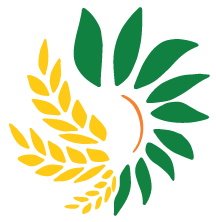
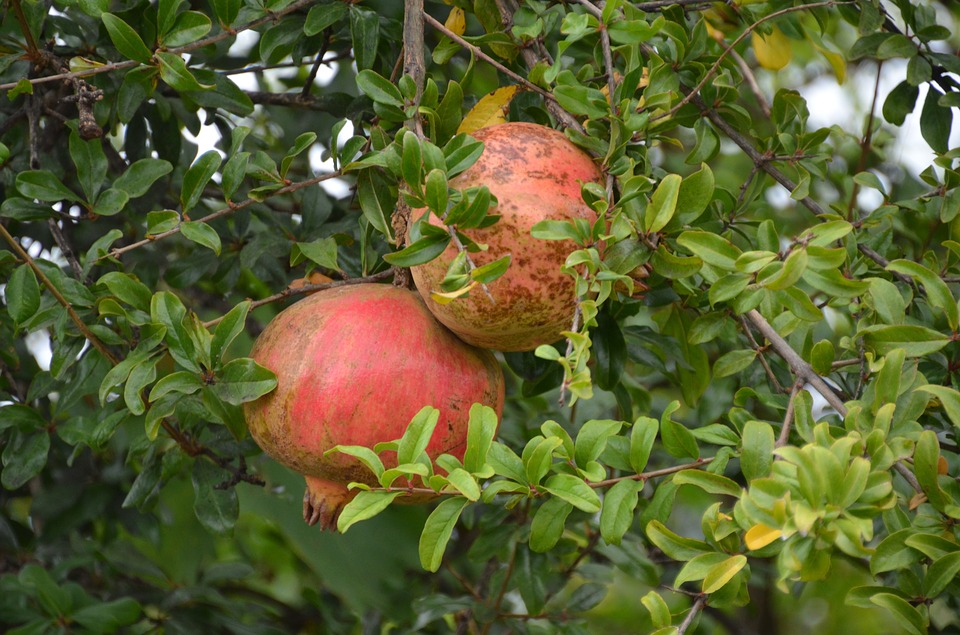
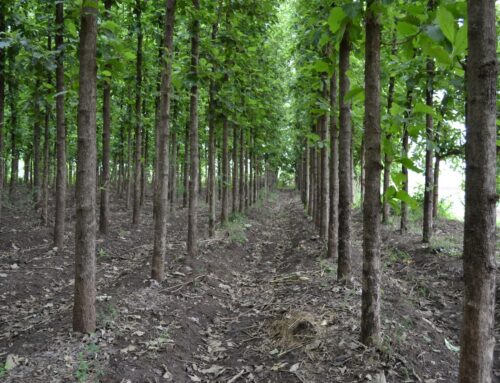
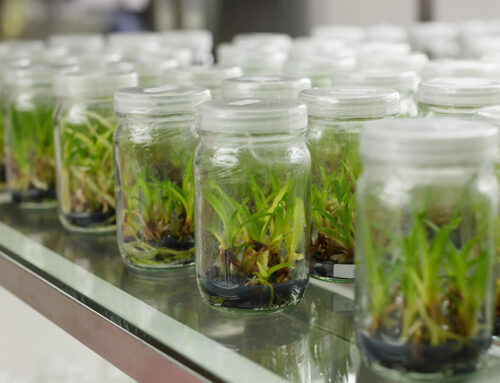

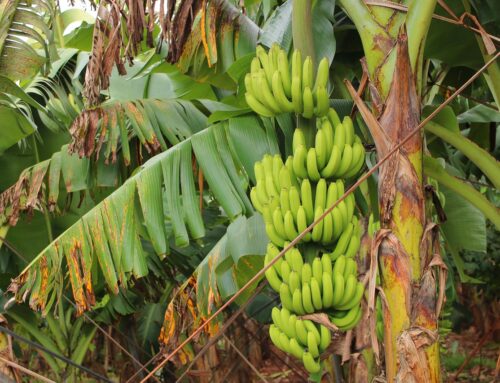
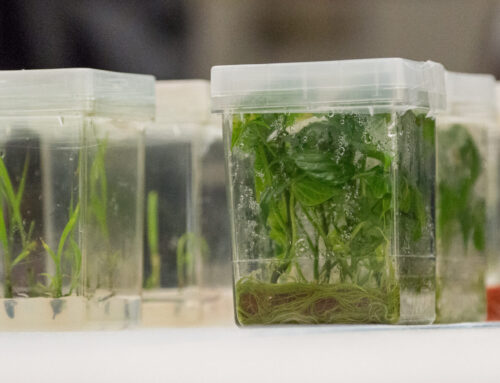
 WhatsApp us
WhatsApp us